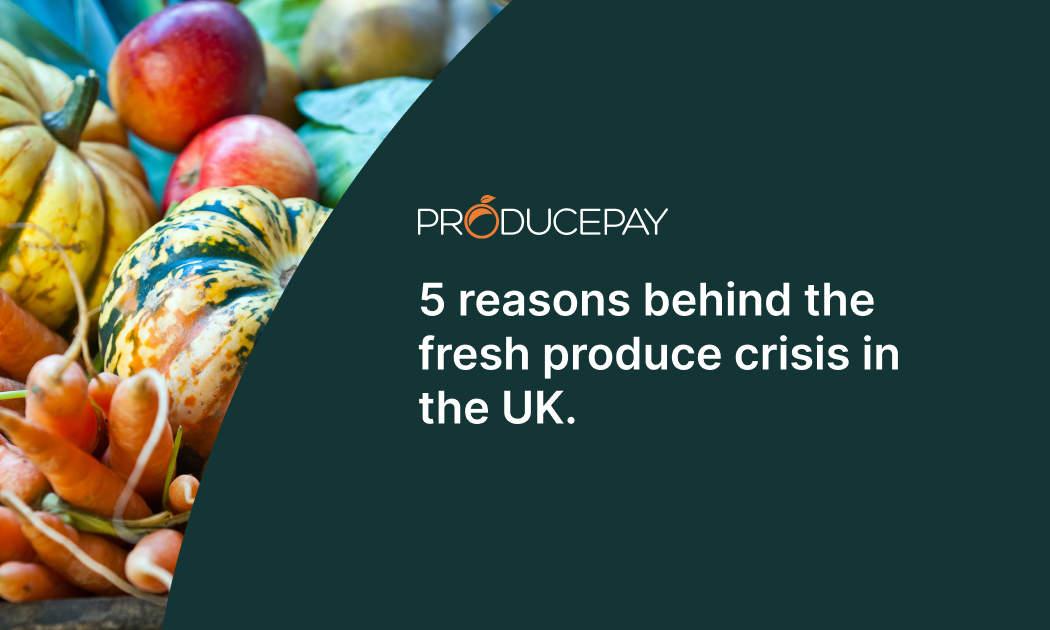
5 reasons behind the fresh produce crisis in the UK.
Due to supply shortages, the United Kingdom’s largest supermarket chains have set limits on the purchase of certain fresh produce, including tomatoes, cucumbers and peppers.
Morrisons set a limit of two packs of tomatoes, cucumbers, lettuce, and peppers per person. Asda has imposed restrictions on eight fresh produce lines, including broccoli, cauliflower, raspberries and lettuce, limiting them to three products per person.
Tesco and Aldi have also limited purchases of peppers, cucumbers and tomatoes to just three packs per person.
What factors are causing food shortages?
1. Inflation
British and Dutch growers have reduced their supply due to the higher energy costs required to heat greenhouses, and northern European countries have also decreased production following the rise of energy and fertilizer costs due to the war in Ukraine.
2. Poor weather conditions
At this time of year, the UK relies mainly on Spain, Morocco, Tunisia, and Egypt to import much of its fresh produce. However, these crops have been affected by unusually cold weather, including heavy night frosts, while tomato crops have also been affected or even destroyed by diseases, such as the Tomato Brown Rugose Virus.
3. Increase in imports
This year, some retailers opted to increase imports of produce from Spain and North Africa in an attempt to reduce their costs, which has left them vulnerable to food shortages.
4. Changes in agricultural cycles
Tomato and lettuce growers in the UK have delayed sowing in recent months due to economic uncertainty, meaning that local production will not be able to compensate for shortages for several weeks.
5. Low local yields
UK farm output has fallen to its lowest level since records began in 1985, according to National Farmers Union (NFU) president Minette Batters.
Ensuring the resilience of agrifood chains
Given the situation in the UK, it is important to consider how retailers can strengthen their fresh produce supply chains:
- Diversification of suppliers and supply channels: A resilient agrifood chain should have multiple suppliers across geographies and supply channels to ensure that products can be obtained from other sources in case of any supply disruptions.
- Advanced technology adoption: Technology can be a great ally in improving the efficiency and resilience of agrifood chains. Adopting advanced technologies can improve supply chain visibility, reduce costs, increase quality, and reduce response time to problems.
- Contingency planning implementation: Well-managed supply chains should have detailed and up-to-date contingency plans to deal with emergency situations. These plans should include protocols for risk management, monitoring and prevention of problems, coordination with suppliers and customers, and management of communications with stakeholders.
- Strengthening relationships with customers: Resilient agrifood chains must build strong relationships with customers, enabling them to understand their needs and adapt quickly to changes in demand.
We can help. Grow and strengthen your supply chain with ProducePay! Find out how our services can help you keep your operations running smoothly and make sure your produce reaches its destination on time. Click here to read more and learn how to build a more resilient supply chain today!
Sources: The Guardian, CNN, BBC
